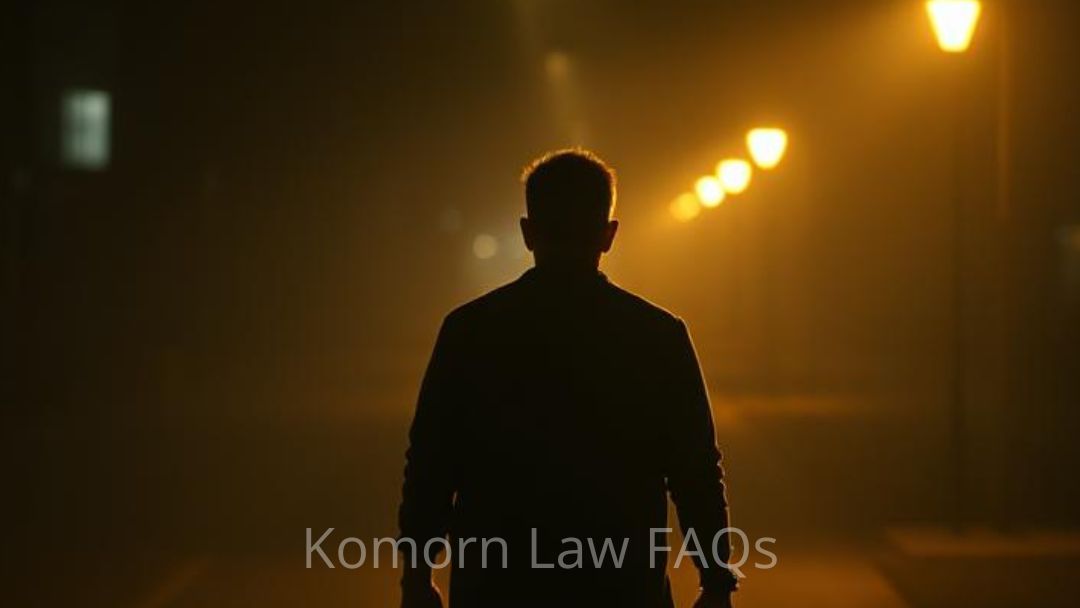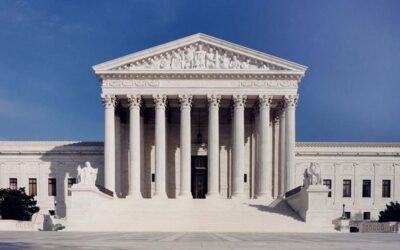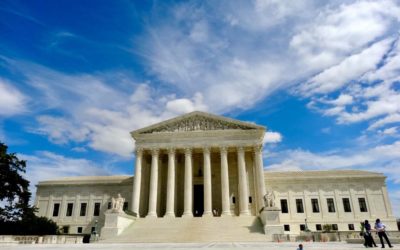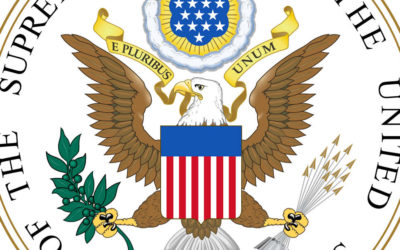Do Passengers have 4th Amendment Rights?
Michigan Supreme Court Limits Police Ability to Search Passenger Property in Cars
Background
Mead was a passenger in a car and had just met the driver, who offered him a ride. When the police stopped the vehicle and ordered both the driver and Mead out, the driver consented to a search of the car.
The police officer searched the car, including Mead’s backpack left on the passenger seat, revealing methamphetamine, marijuana, pills, and a digital scale.
Mead’s possession of methamphetamine led to his arrest, followed by a motion to suppress the search which was ultimately denied. The court denied the motion, citing People v LaBelle, 478 Mich 891 (2007). Defendant was convicted and sentenced to serve 2 to 10 years in prison as a habitual offender, resulting in a 2 to 10-year prison sentence imposed by the judge.
The Case
Mead argued that the police did not have the right to search his backpack, highlighting the limited ability of a car passenger to challenge a vehicle search.
However, there may be specific circumstances where a passenger could potentially contest such a search.
To challenge a search, one must show a valid Fourth Amendment expectation of privacy in the area searched, recognized by society. Courts analyze all circumstances to determine the legitimacy of this expectation.
The Court found that Mead had a legitimate expectation of privacy regarding his backpack, as it was his own property that was being searched. This differs from a common scenario where a passenger may hide illicit items in a car they are traveling in.
In a unanimous opinion by Chief Justice MCCORMACK, in lieu of granting leave to appeal, the Supreme Court held:
A passenger’s personal property is not subsumed by the vehicle that carries it for Fourth Amendment purposes. Accordingly, People v LaBelle, 478 Mich 891 (2007), was overruled; in its place, the following standard applies: a person may challenge an alleged Fourth Amendment violation if that person can show under the totality of the circumstances that he or she had a legitimate expectation of privacy in the area searched and that his or her expectation of privacy was one that society is prepared to recognize as reasonable.
The Driver Gave Consent to the Search the Car?!?!
The driver voluntarily allowed the officer to search the vehicle. Consent grants the officer the authority to conduct a search without the need for a warrant.
The key difference lies in the driver lacking the authority to authorize the officer to search Mead’s backpack, as the backpack belonged to Mead.
Read the case and opinions here
PEOPLE OF THE STATE OF MICHIGAN, Plaintiff-Appellee,
v.
LARRY GERALD MEAD, Defendant-Appellant.
Docket No. 156376.
Supreme Court of Michigan.
Argued on application for leave to appeal October 24, 2018.
Decided April 22, 2019.
Legal Counsel and Your Rights
When facing legal challenges, particularly in criminal cases, it is advisable to seek legal counsel immediately.
An experienced attorney can provide guidance on how to navigate interactions with law enforcement while safeguarding your constitutional rights.
Since 1993 our expert legal defense in navigating criminal law matters and protecting your constitutional rights are what we eat for breakfast everyday.
Contact Komorn Law PLLC if you’re ready to fight and win.
Research us and then call us.
CONSTITUTION OF MICHIGAN OF 1963
§ 11 Searches and seizures.
Sec. 11.
The person, houses, papers, possessions, electronic data, and electronic communications of every person shall be secure from unreasonable searches and seizures. No warrant to search any place or to seize any person or things or to access electronic data or electronic communications shall issue without describing them, nor without probable cause, supported by oath or affirmation.
The provisions of this section shall not be construed to bar from evidence in any criminal proceeding any narcotic drug, firearm, bomb, explosive or any other dangerous weapon, seized by a peace officer outside the curtilage of any dwelling house in this state.
History: Const. 1963, Art. I, § 11, Eff. Jan. 1, 1964 ;– Am. S.J.R. G, approved Nov. 3, 2020, Eff. Dec. 19, 2020
Constitutionality: The last sentence of this section was held invalid as in conflict with US Const, Am IV. Lucas v People, 420 F2d 259 (CA 6, 1970); Caver v Kropp, 306 F Supp 1329 (DC Mich 1969); People v Pennington, 383 Mich 611; 178 NW2d 460 (1970); People v Andrews, 21 Mich App 731; 176 NW2d 460 (1970).
Former Constitution: See Const. 1908, Art. II, § 10.
Recent

Criminal Law FAQs – Drinking Alcohol or Smoking Marijuana and Driving
Michigan Criminal Laws FAQs Operating a Motor Vehicle Under The InfluenceWalking is cool... For fun and excercise. Not because you lost your license. Don't do the crime if you can't pay the price. But if you do get charged with a crime. Better Call Komorn to fight for...

Criminal Law FAQs – Probation Violations
Michigan Criminal Laws FAQs Theft CrimesAccording to Michigan State Law (Michigan Compiled Laws - MCL), a Probation Violation occurs when a person who has been sentenced to probation fails to comply with the terms and conditions of their probation order. These terms...
Other Articles
Maker of CBD products asks court to decide
The Petitions of the Week column highlights a selection of cert petitions recently filed in the Supreme Court. A list of all petitions we’re watching is available here. Organized crime, from the mafia to small-time money laundering schemes, often evades criminal...
Supreme Court Ruling Strengthens First Amendment Protections: Implications for Michigan’s Threat Speech Laws
In a significant legal development, the United States Supreme Court has recently issued a ruling that has far-reaching implications for individuals facing charges related to "threat speech" in Michigan. The case of Counterman v. Colorado, decided on June 27, 2023,...
Listen Live to the US Supreme Court
Listen live to arguments in the Supreme Court. On Monday, the Supreme Court is set to hear arguments over the phone for the first time ever due to the coronavirus pandemic; they'll hear 10 cases remotely from now until May 13. But that's not the only history being...
US Supreme Court Press Releases Regarding the Justices and counsel will all participate remotely.
The US Supreme Court will hear oral arguments by telephone conference on May 4, 5, 6, 11, 12 and 13 in a limited number of previously postponed cases. The following cases will be assigned argument dates after the Clerk’s Office has confirmed the availability of...
















